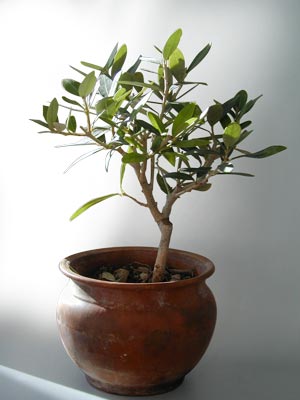Since the beginning of the Cognitive Therapy & Education Centre, the sea, boats and sailors are a part of the adventure – my staff is well aware of this. Naturally, this powerful link will also inspire the implementation of COGNITIVE SCHOOL GENEVA. Our team welcomes the challenge of creating this school with a dynamic and positive tone, expressing the beauty of the adventure of working with children, young people and their families for over 15 years. The classes are organised according to the youngsters’ progression levels, their personal paths and their development. The criteria (cf. criteria list) are established by our school and provide the foundation for class organisation. A week-long evaluation period in our school allows us to find the best programme for your child and to determine the beginning of his or her path with us. We have established three progression groups, named after the greatest sailors of the high seas.
Superbigou is a comic book heroine. She lends her name to a magnificent racing sailboat built by the navigator Bernard Stamm in his backyard. This boat was forced to abandon its solo ocean race around the world (Vendée Globe 2000-2001) just after its departure. However, do not be fooled, this does not undermine its remarkable journey or the force of the sailor! Its sturdiness, its resources, its qualities and its beauty make Superbigou a real spirit made for the high sea. On the 6th February 2001, it beat the record for crossing the Atlantic in monohull and crew categories. In 2002-2003 and 2006-2007, it won the solo race around the world with stopovers. Superbigou is not yet ready to be forgotten! Under the name “La Fabrique”, it has just finished the Vendée Globe solo race around the world (2016-2017) with Alan Roura, a young Swiss sailor full of promise. It arrived in 13th place out of 29, despite being the oldest boat in the fleet. What an achievement! Our young sailors will be proud to hold its name throughout their journey and can rely on it while navigating the ocean of life. This is the first progression group.
Boréas, literally the North wind, is a Greek god, son of Eos (goddess of the dawn) and of Astraeus (god of the dusk). He incarnates the fundamental primary forces of propulsion. At sea, the wind represents this energy that leads us and pushes us further and further. Without it, nothing can be achieved. As the sailor Olivier De Kersauson says, “for more than 2000 years, it has been the wind propelling the ships. Without it, no sea journey would have been possible, no Christopher Columbus, no America, no Australia, no Polynesia. In the Mediterranean, the cradle of civilisations, we usually say: “when you are not here, it’s a nightmare”. We, the sailors, talk about it all the time and search its company incessantly. “If you die down, we are worried; if you stop blowing, it’s a tragedy; nowhere in the world are you more loved, cherished or awaited.” It is with the wind that we will implement the second degree of progression.
The « Sea » Group
“Then he was at the top of the dune, and he could see it.
It was everywhere, immense, rising before him like the side of a mountain, shining blue, deep, so close, its tall waves advancing toward him.
The sea! The sea! Daniel thought, but he didn’t dare say it aloud. He stood there, unable to move, his fingers slightly spread, not quite understanding that he had slept right next to it. He heard the slow noise of the waves moving against the beach. There was no wind now, and the sun shone on the sea, lighting a fire on the crest of each wave. The sand was the color of ash, smooth, crisscrossed with streams and pools of water reflecting the sky.
To himself, Daniel repeated the lovely word over and over. The sea, the sea, the sea . . . His head was full of noise and vertigo.”
“The Boy Who Had Never Seen the Sea”, Le Clézio
The Sea Group is the highest of the progression levels. It is now time for the youngster to equip himself or herself for life and to face the sea and increasingly complex situations. He or she should discover unknown places, consolidate what has been achieved and perfect the knowledge and abilities that have been developed. This level, which is looked forward to, is the culminating point of our programme. It helps the youngster to develop autonomy and the ability to adapt to the environment. The young person becomes Captain.
Fair winds and following seas !



